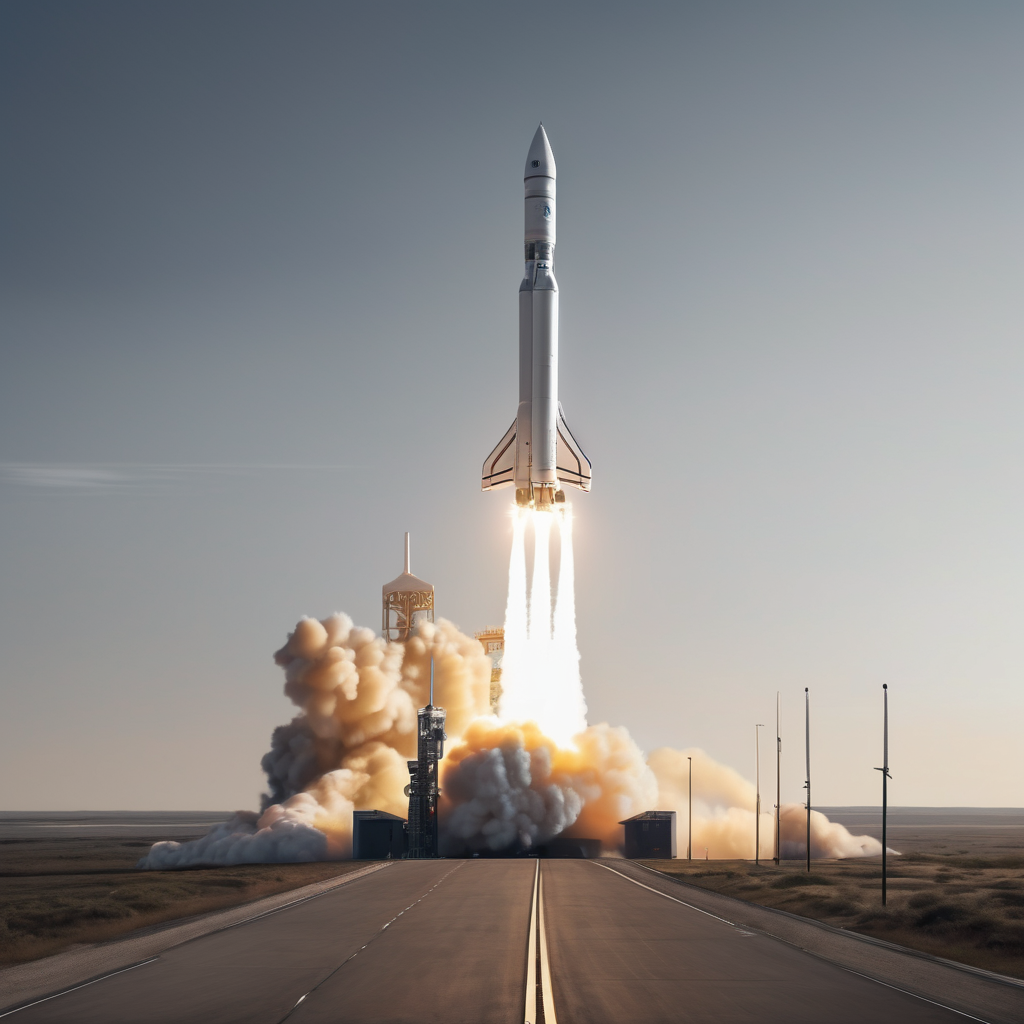The Space Coast experienced an eventful week with two significant rocket launches carried out within mere hours, illustrating the intense competition in the satellite constellation market. The United Launch Alliance’s (ULA) Atlas V rocket soared into the clear skies from Cape Canaveral Space Force Station’s Space Launch Complex 41, at 8:09 a.m., carrying 27 satellites for Amazon’s Project Kuiper, which aims to rival SpaceX’s Starlink constellation. This mission marked the third instance where ULA has facilitated the deployment of operational satellites for Amazon.
This launch was ULA’s fourth mission this year, with three dedicated to Project Kuiper using Atlas V rockets, while the new Vulcan rocket executed its first national security mission in August. The mission elevated the total number of launches from all providers on the Space Coast to 83 for the year.
Earlier, at 4:39 a.m., a dazzling pre-dawn launch saw a SpaceX Falcon 9 lifting 28 satellites for Starlink, further enhancing its own broadband internet constellation. A notable technical achievement was the Falcon 9’s first-stage booster successfully executing its 22nd flight and landing on the droneship A Shortfall of Gravitas positioned in the Atlantic.
Intriguingly, SpaceX has conducted two missions for Amazon this year despite their competitive standing with Starlink and Project Kuiper seeking the same customers. With over 8,400 satellites already launched, SpaceX’s Starlink dwarfs Project Kuiper’s nascent 129, achieved over five launches to date. Amazon plans a robust expansion, contracting with ULA, Blue Origin, Arianespace, and SpaceX to execute around 100 launches by 2029, aiming to position 3,232 satellites in low-Earth orbit.
So far in 2023, SpaceX has dominated the scene with 78 launches out of the total 83 from Cape Canaveral or the adjacent Kennedy Space Center, including a recent mission deploying three space weather satellites for NASA and NOAA from KSC’s Launch Pad 39-A.
Additionally, the only other service provider with presence on the Space Coast this year has been Blue Origin, owned by Jeff Bezos, debuting its heavy-lift New Glenn rocket in January. The second anticipated flight for Blue Origin is scheduled for late October or early November, to launch a pair of Mars-bound satellites for NASA’s ESCAPADE mission.
This recent spate of launches underscores the vibrant pace of space activities on the Space Coast, reflecting the ongoing race within the satellite internet field. With such robust advancements, the region maintains its status as a crucial hub for space exploration and innovation, contributing to global connectivity efforts.
